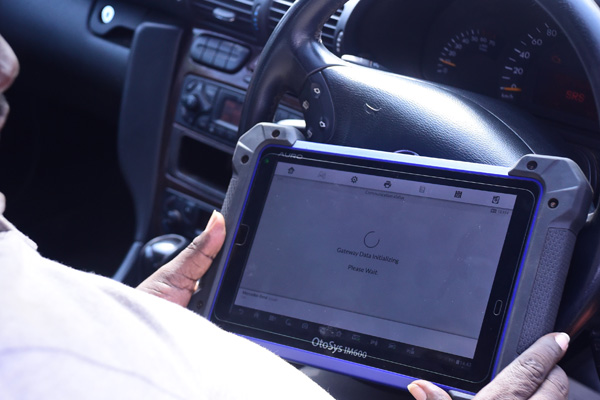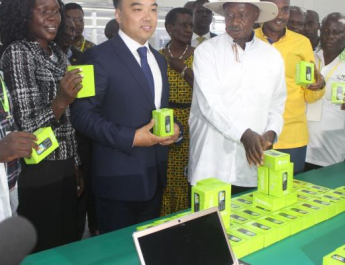Telecommunication giant – MTN – has kicked off a process in which it will develop 5G technology as part of an evolution plan across its operations.
Speaking at a joint C-Band 5G trial launch at the AfricaCom meeting in Cape Town, South Africa, Mr Giovanni Chiarelli, the MTN Group chief technology officer, said the future (of technology) had arrived as the world innovates amid a buildup to the Fourth Industrial Revolution that has revolutionised the ICT space.
During the C-Band 5G trial launch, MTN signed a Memorandum of Understanding with Huawei Technologies, which will allow the two companies research and innovate towards developing 5G technology.
“Three years ago, this was unheard of. There was no infrastructure to support 5G. But with research, we have moved greatly. With this technology, you don’t need fibre and more people will be keen to use 5G. The future is here,” Mr Chiarelli said.
5G Innovation Programme
The
partnership will seek to establish a Joint 5G Innovation Programme,
which will assess and work on new technologies such as 5G and Artificial
Intelligence (AI).
The technology is also expected to be a key driver towards achieving social impact programmes such as smart cities and education solutions.
According to Mr Chiarelli, the 5G technology has been tested on four elements including speed, which averaged at 1635 Mbps, safe city, which does facial recognition, video gaming such as video assistant referee and arm robotics.
Mr Dean Yu, the Huawei carrier business vice president for southern Africa, said 5G was at the stage of large-scale deployment, noting that the 5G era will significantly simplify services and allow a number capabilities to be mapped from clouds to devices.
The partnership will also enable MTN to build advanced technologies, which will be key in economic development.
MTN currently operates two generations including 3G and 4G across its networks in Africa. During the AfricaCom meeting, which is the biggest gathering of telecommunications companies, Mr Ian Paterson, the Africel chief investment officer, said companies must begin to get change agents or champions who are willing to take forward the digital culture, noting that the biggest challenge today remains the cultural shift.
“In many cases, you should establish how different you want to present yourself to the market. Chief executives officers must be able to set the tone,” he said.
The digital revolution has in the last one decade disrupted a number of set ups, setting in motion various innovations and revolutions.
Across Africa, innovations such as mobile money and mobile banking, which have come as result of the digital revolution, have had an impact on business and economic development.
Shalk Visser, the Cell C chief technology officer, said there was need to change “our mindset to focus on the digital journey.
“The culture, everything we do must take into account of the digital world. It’s a whole cultural shift,” he said.



